
|
Good Study Habits: Lessons, Activities and Tips to Improve Your Skills
Developing good study habits is one of the keys to being successful at school. How, when and where you choose to learn has a big effect on how successful you are in class or how well you do on a test. In this section, you will learn everything you need to know to develop those skills. It involves choosing the perfect time and place, and then learning how to take notes, create an effective study plan and make the most of your time. There are also many practical tips to help you become more effective, including tips for improving your memory and choosing nutritious foods to keep your mind sharp.
The suggested exercises and discussion questions will help you come up with ways to put these new skills to use in your own life.
You will also find two lessons teaching skills specifically geared towards preparing for tests and how to take a test.
Creating the Perfect Place to Study
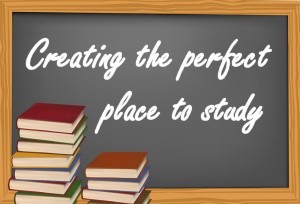
The first thing to do, is to choose a good place that allows you to focus. This lesson will identify elements you must take into consideration when looking for a place to study.
You will learn how to determine what elements are most important in your own working space and learn ways to create a comfortable, distraction-free place where you can get a lot of schoolwork done.
|
|
Choosing the Best Time to Study

Some people are more alert at night; others are at their best in the early mornings. This lesson will explain why it is important to study at the time of day when you are at your best. It will also teach you how to avoid cramming the night before the exam and learn ways to fit studying into your daily schedule.
|
Taking Notes

Taking notes does not include writing down everything you hear in the classroom or read in a textbook.
This lesson will provide you with practical strategies for taking quality notes. Learn what keywords and phrases to watch and listen for while you are learning. Discover different note-taking strategies and complete exercises designed to help you find the note-taking method that works best for you.
|
|
Getting Organized:
Creating a Daily Study Plan
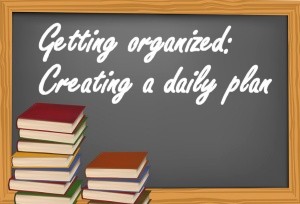
Part of developing good study habits includes creating a study plan. This lesson will help you develop a plan that will works best for you. It focuses on finding the time in your schedule and determining which subjects or topics you need to focus on the most. Once you determine what you need to focus on and the time you have available for it, you can commit your plan to paper and embed it a part of your daily routine.
|
Improving Memory Tips and Tricks
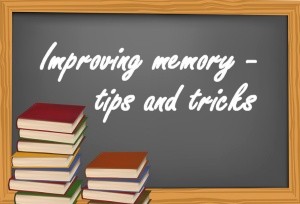
Sometimes you need to remember large amounts of information in short periods of time. This lesson teaches you how to make the information stick. Using these tips and tricks you will be able to remember and quickly recall large amounts of information. Not all of the strategies will work for every person, but you may find one that works exceptionally well for you.
|
|
Nutritious Foods to Improve Studying

Chips, cookies and sugary sodas do not make good study facts. This lesson will introduce you to nutritious foods that you can enjoy while studying. Not only are these foods healthy, they also come with other benefits. For example, you will discover foods that can boost your memory and foods designed to give you a natural energy boost so you can survive a lengthy learning session.
|
Preparing to Take a Test
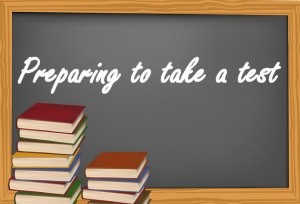
Preparing to take a test starts long before the night before the test. This lesson teaches you how to prepare for a test, starting from the first moment you learn you will be tested on a piece of information. It includes information about paying attention in class and regularly reviewing material for a class, as well as tips on preparing your mind and body to be ready for the test.
|
|
How to Take a Test
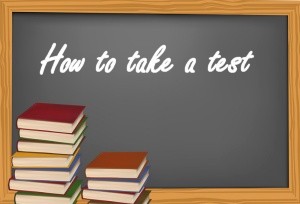
Inevitably the teacher will set your grade according to a test. This lesson helps you put your studying to good use by giving you tips on taking tests.
While the lesson offers general test-taking tips, it also offers tips for taking specific types of tests, including learning how to narrow down answers on multiple-choice tests and make sure your essay and short answer test responses can be understood by a teacher.
|
|
|
|
